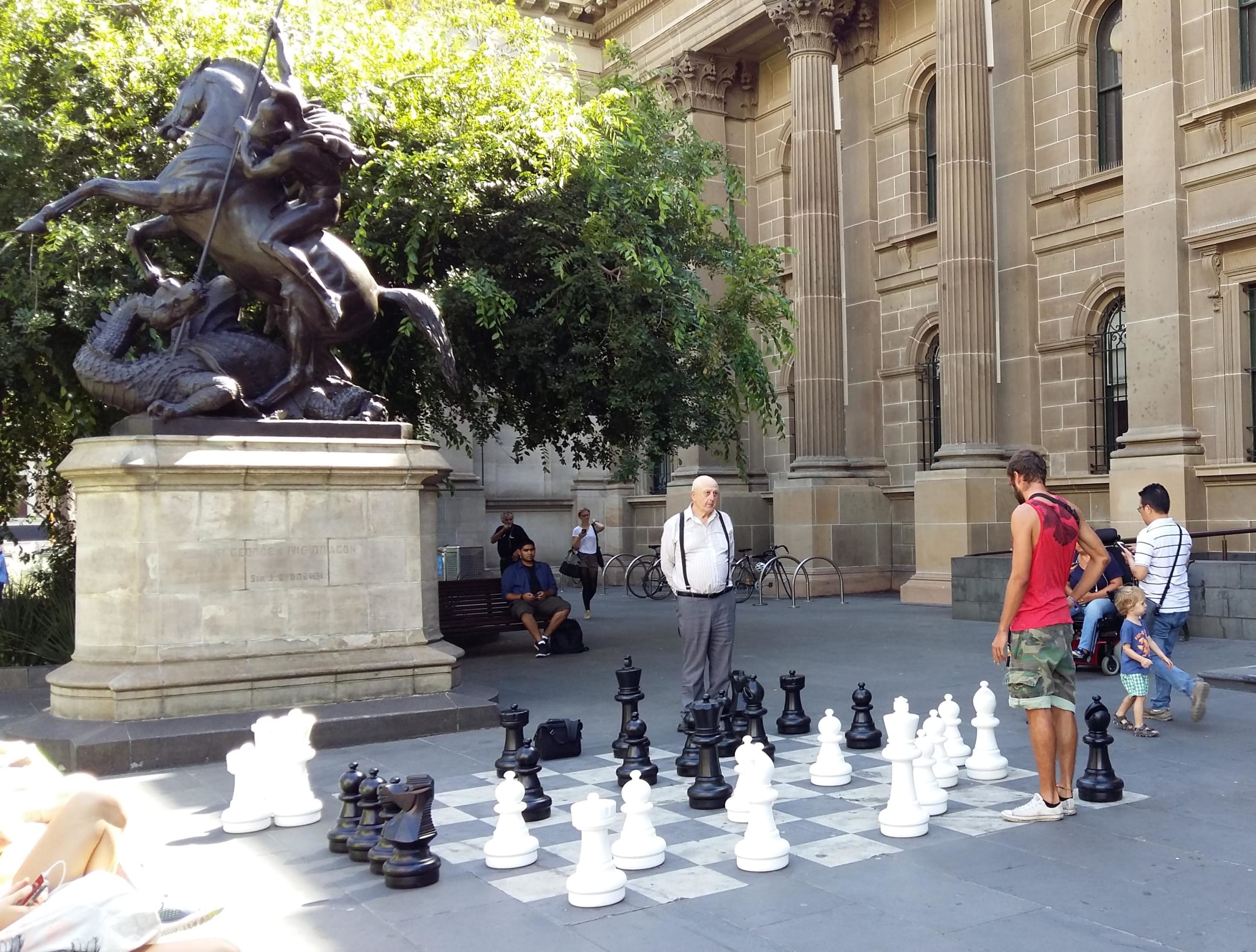
Have you ever challenged a Russian to a game of chess?
Before you do, you might want to know a couple of things about Russians and chess.
Chess is an old game, the first set which was ever found – the Lewis Chessmen – dates back to the 12th century. A beautiful set, carved from walrus tusks, something you’d love to display in your home. The game itself is however even older, having originated in India in the 7th century. And from there it came to Russia through Persia along with the term for it, шахматы, “the king (shah) is defeated (mat)”.
Every nation had its own rules until the creation of a “World Tournament” (in 1886) unified the game. In Russia chess became a national hobby after the 1917 Revolution, and soon after it also started being state-sponsored. The results are incredible: from 1927 to 2000, the World Champions were all players born in the Soviet Union (except 1935-1937 and 1972-1975). The reason of such interest in chess, besides the international fame resulting from victories, was more theoretical: they thought that the game perfectly represented their ideals, since it was both cheap – within everyone’s reach – but at the same time it required a lot of skills, a lot of intelligence, and the Soviet Union was proud of its inhabitants’ brains.
Among the many Russian chess players who held the World Champion title, I would like to remember three: Alexander Alekhine (1892 – 1946), who also was a chess theoretician and writer, and the only World Chess Champion to die – in odd circumstances – while holding the title. Anatolij Karpov (*1951), who reigned for 90 months and surrendered the title to the pretender after the rematch of a 5-months game. Last, but not least, that pretender: Garry Kasparov (*1963), considered by many to be the best player who ever lived, also famous for being the first World Champion to lose against a machine, IBM supercomputer Deep Blue, in 1997.
So, if you are invited to a game of chess, keep in mind three things:
1. Just limit yourself to one game, or you could finish in a months-long game like what happened to Karpov and Kasparov.
2. If your challenger is a political candidate for the World Title, decline politely.
3. If, on the other hand, your challenger is a multi-millions supercomputer… Well, go on, but just keep in mind that the number of possible, unique chess games is greater than the number of electrons in the universe, and the supercomputer is more likely to calculate the odds of a single one, than you are!
A Small Russian Chess Dictionary to help you get through it:
| Pawn – Пешка | Castling – Рокировка |
| Bishop – Слон | En passant – Взятия на проходе |
| Rook – Ладья | Stalemate – Пат |
| King – Король | Check – Шах |
| Queen – Ферзь | Checkmate – Мат |
| Knight – Конь |
Now you’re good to go. Have fun!
What are the words you need in one of the greatest subway networks in the world? Read our useful Moscow Metro dictionary!

Students will be happy to learn that the Russian Government has today announced plans to make Russian language easier in an effort to simplify greater international engagement. …

In a previous post, we revealed that Russians don't really say “na zdarovje” when they toast. While the phrase has been popularised in English language media – and a lot of Russians will nod politely and clink glasses with you if you use it – it’s not something a native speaker would ever…
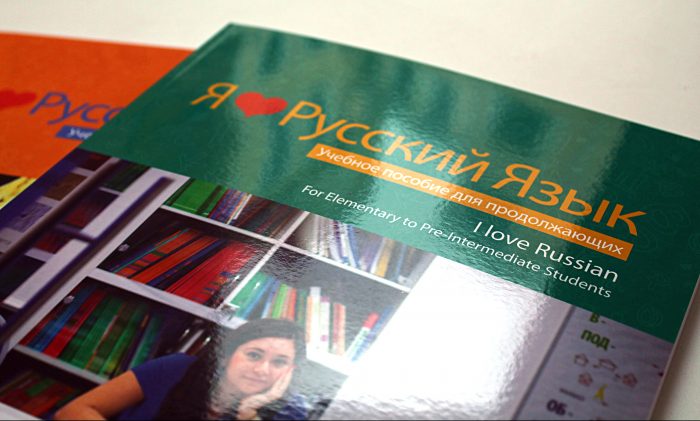
Improve your Russian while working as an expat? Mission possible! …
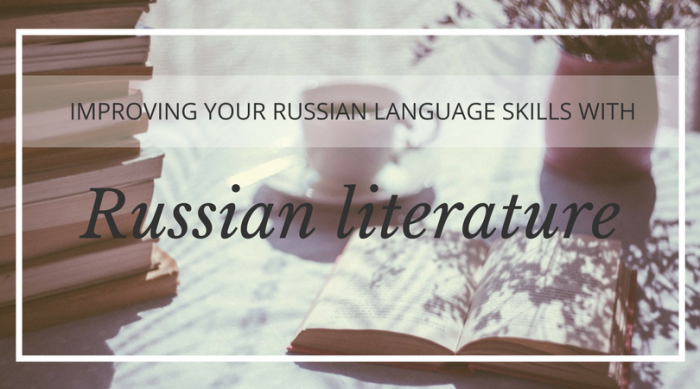
What could be a better way for Russian immersion than reading, especially when you read the books that you find interesting and that can give you a better idea of the culture of Russia? Co-founder of Liden & Denz, Walter Denz shares his experience on how reading Russian literature can improve your…
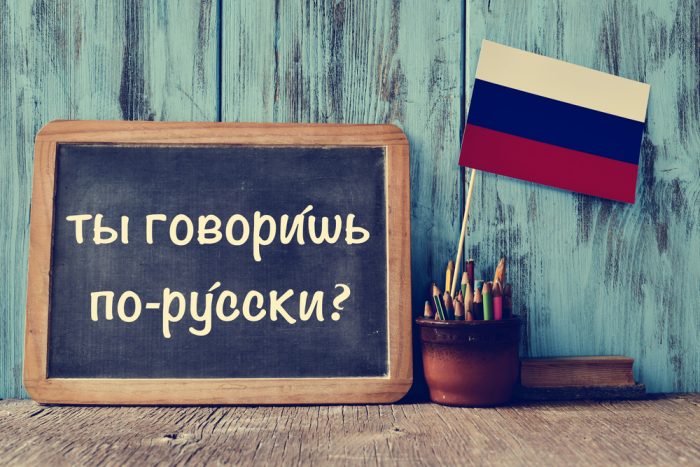
Learning a language is hard. Keeping it when you don't have classes is even harder. So this article is not about how to learn Russian, but how to maintain your Russian. …
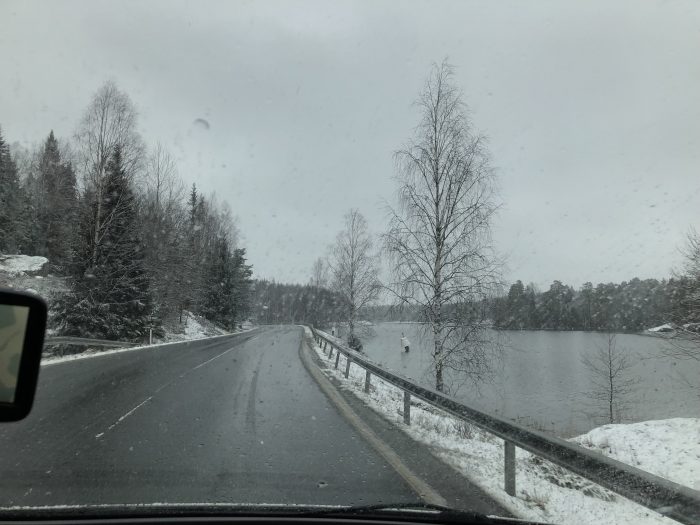
I love Russia. I have been living in St. Petersburg for almost two months, and after travelling all around the world it feels like I have finally found a place where I would see myself settling down. The inexorable beauty of the streets, the architecture, the importance of art and culture, the water…

Oh, the Russians! I was recently watching the last season of Stranger Things and, to my surprise, Russians are quite present there. For those of you who might not be familiar with the TV series, it is set on an American town during the 80s. And what do we recall from those times? The unique fashion…
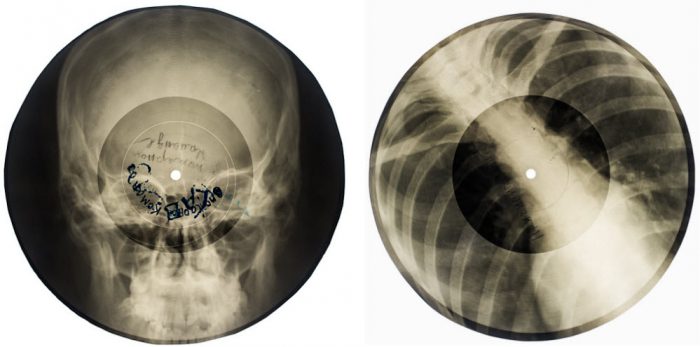
In an attempt to improve my Russian skills, I decided to start watching a TV series in Russian. After thorough research, the result of which you can read on my post about how to learn Russian with Netflix, I decided I would start watching Fartsa. I am no sure of how much Russian I am learning thanks…